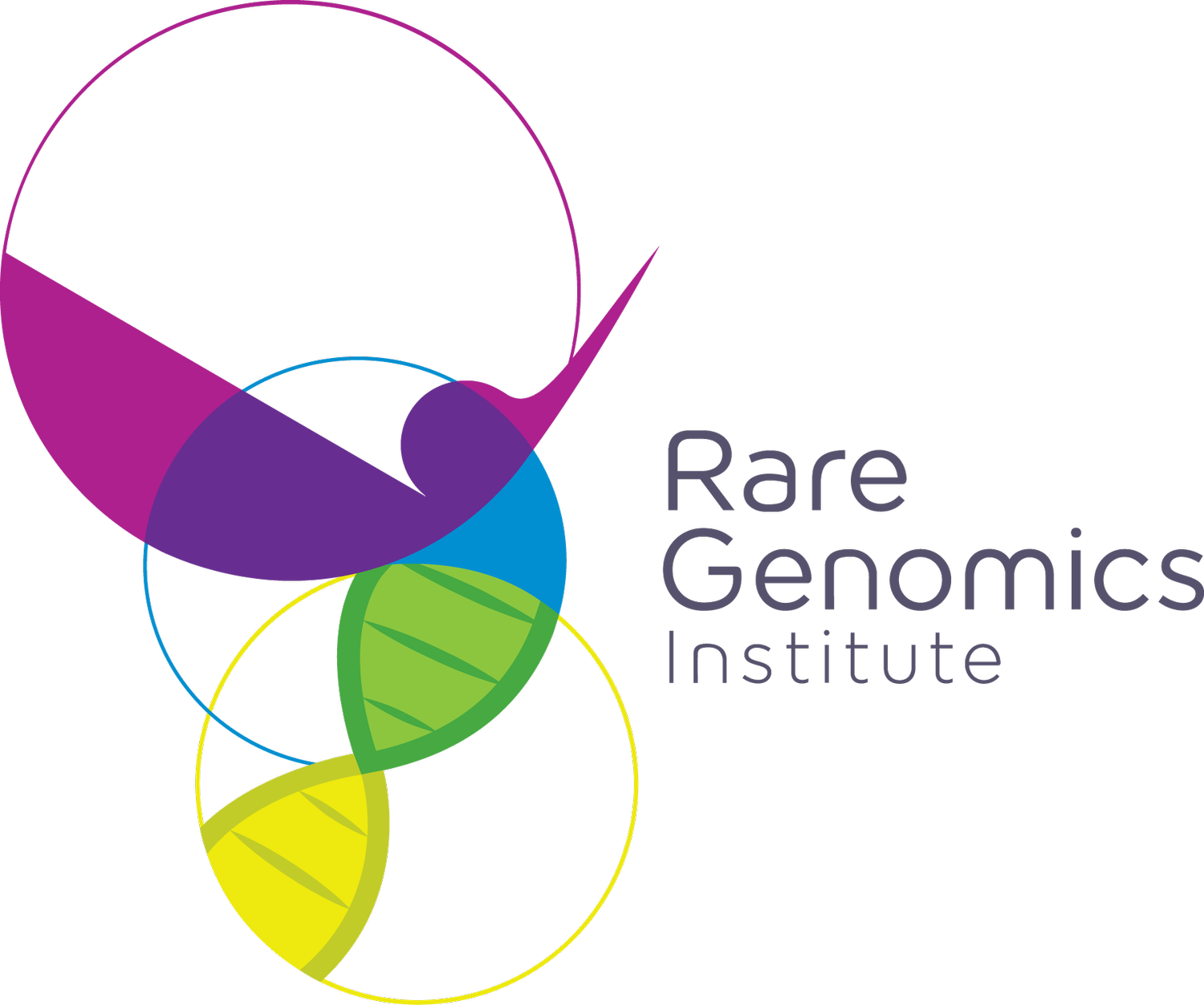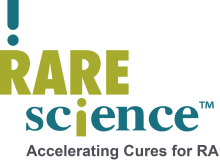
Rare Genomics Partners
Working together to make a difference.
The Rare Genomics Institute, founded to advance the diagnosis and treatment of rare diseases around the world, has built a world-class network of leading research institutions, pharmaceutical companies, and biotech ventures who have committed their funding and support to realize this vision of a global hub for the advancement and treatment of all rare diseases, and to helping rare disease patients and their families share their stories and become active stakeholders in finding cures for these diseases.
Current Research Partners
Our keystone partners in this effort are industry leaders who are committed to changing the way rare diseases are diagnosed and treated worldwide. We work with our partners to ensure the best support is provided to patients and families throughout.
Illumina are global leaders in DNA sequencing and array-based technologies, serving customers in the research, clinical, and applied markets. Through iHope with Rare Genomics, their genome sequencing is given free of cost for qualifying undiagnosed children in need of the test. Learn more about our programs to see if you qualify.Genomenon provides genomic research to doctors to aide in diagnoses and treatment decisions for patients. Their search engine provides insight with published genomic research for every known disease, gene, and variant to help identify and prioritize genomic biomarkers for drug discovery and clinical trials.





















